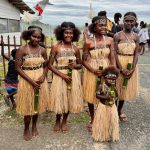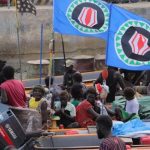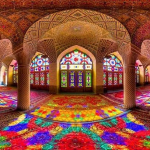Every January 7, Cambodia observes Victory Over Genocide Day, marking the end of one of the darkest chapters in its history. The day commemorates the overthrow of the Khmer Rouge regime, whose brutal rule from 1975 to 1979 claimed the lives of an estimated 1.7 to 2 million people.
While officially a national holiday and a symbol of liberation, Victory Over Genocide Day remains politically and historically complex. This year’s commemoration is particularly poignant, as it also marks 50 years since the Khmer Rouge rose to power, plunging the nation into chaos and suffering.
The Rise of the Khmer Rouge
To understand the significance of Victory Over Genocide Day, it’s essential to revisit the rise of the Khmer Rouge. Cambodia in the 1970s was a country destabilized by war. The spillover effects of the Vietnam War, including U.S. bombing campaigns, devastated rural communities and fueled discontent with the U.S.-backed Lon Nol government.
By 1975, the Khmer Rouge, a communist movement led by Pol Pot, had seized control of Phnom Penh, renaming the state Democratic Kampuchea. Their vision of an agrarian utopia quickly turned into a nightmare. Cities were evacuated, money was abolished, and intellectuals, professionals, and perceived “enemies of the state” were executed.
The regime’s policies of forced labor, starvation, and mass executions wiped out nearly a quarter of Cambodia’s population. The horrors of this period are etched into the nation’s collective memory, making the fall of the Khmer Rouge a defining moment in Cambodian history.
Click to read about the Super Great Leap Forward.
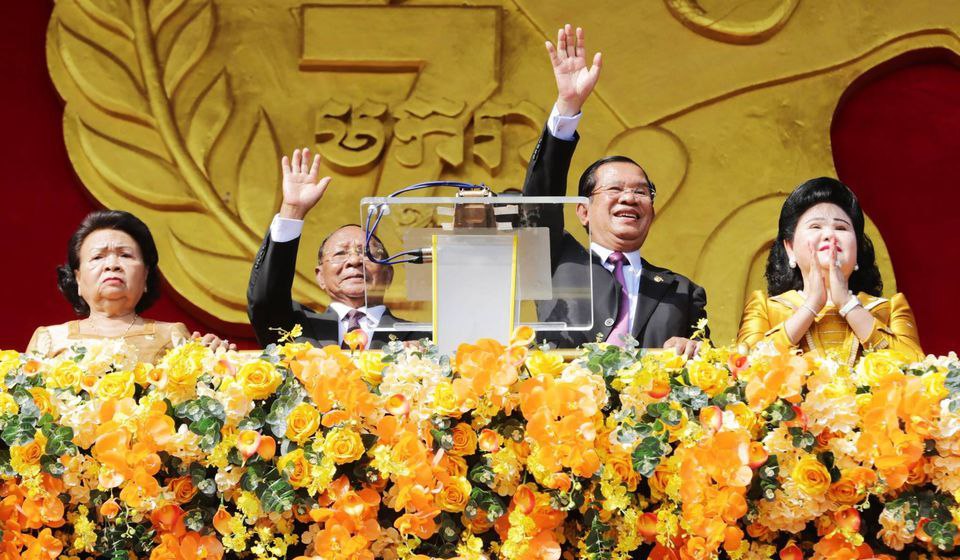
January 7, 1979: A Day of Liberation
Victory Over Genocide Day marks the day Vietnamese forces, alongside Cambodian defectors, entered Phnom Penh and ended the Khmer Rouge’s rule. The Kampuchean United Front for National Salvation (KUFNS), composed of Khmer Rouge defectors and other opposition figures, played a critical role in coordinating with Vietnam to topple the regime.
The Vietnamese intervention was not purely altruistic. Pol Pot’s aggressive border attacks on Vietnam had escalated tensions, prompting Hanoi to take decisive action. When Phnom Penh fell, many Cambodians welcomed the Vietnamese forces as liberators, though the years that followed would complicate this narrative.
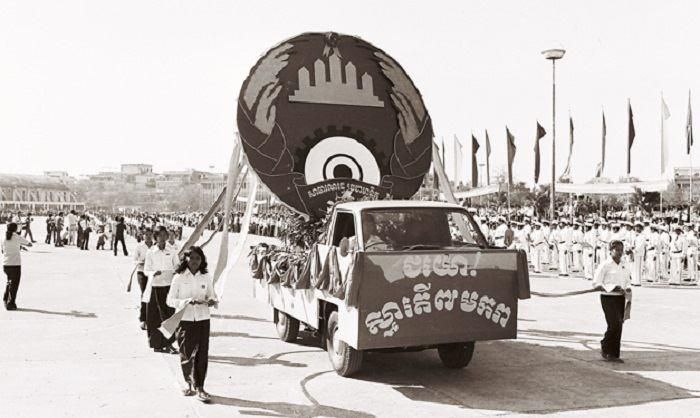
Commemorating Victory Over Genocide Day
This year’s Victory Over Genocide Day was marked by official ceremonies led by Prime Minister Hun Manet. Events included a wreath-laying ceremony at the Independence Monument in Phnom Penh and speeches by government officials highlighting the significance of the day.
Survivors of the Khmer Rouge regime shared their stories at public events and exhibitions, offering a poignant reminder of the atrocities endured by millions. Across Cambodia, local communities held smaller ceremonies to honor the victims and reflect on the country’s resilience.
Educational initiatives also played a key role in this year’s commemorations. Documentaries, museum exhibits, and school programs aimed to educate younger generations about the Khmer Rouge era and the significance of Victory Over Genocide Day.
The Political Context
Despite its official status as a national holiday, Victory Over Genocide Day remains politically charged. For the ruling Cambodian People’s Party (CPP), the day is a cornerstone of its legitimacy. The CPP (link), which emerged from the Vietnamese-backed government that replaced the Khmer Rouge, frames January 7 as a moment of salvation brought about by its leadership.
Critics, however, have questioned the motivations behind Vietnam’s intervention and the decade-long Vietnamese presence in Cambodia that followed. Opposition groups have historically framed the day as a reminder of foreign domination rather than pure liberation.
This narrative has largely been suppressed in recent years, as the CPP has tightened its control over political discourse. In contemporary Cambodia, Victory Over Genocide Day is presented as an unambiguous celebration of liberation, with dissenting voices rarely heard.
50 Years Since the Khmer Rouge Came to Power
This year’s commemoration carries additional weight as it coincides with the 50th anniversary of the Khmer Rouge’s rise to power in 1975. The dual anniversaries have sparked renewed discussions about the regime’s legacy and Cambodia’s long road to recovery.
For many Cambodians, the memory of the Khmer Rouge era remains vivid. Survivors continue to grapple with trauma, while younger generations learn about the horrors through schools, museums, and public commemorations. The dual anniversaries serve as a stark reminder of both the suffering endured and the resilience of the Cambodian people.
Vietnam’s Role in Liberation
The role of Vietnam in the events of January 7, 1979, is central to understanding Victory Over Genocide Day. While the fall of the Khmer Rouge was undoubtedly a turning point, Vietnam’s decade-long military presence in Cambodia (1979–1989) has fueled debates about whether the intervention was an act of liberation or occupation.
The People’s Republic of Kampuchea (PRK), established after the Khmer Rouge’s fall, was heavily reliant on Vietnamese support. Critics argue that Hanoi’s influence over the PRK government undermined Cambodia’s sovereignty, while supporters credit Vietnam with providing the stability needed to rebuild the nation.
Internationally, Vietnam’s intervention was met with skepticism. Western nations, aligned against Vietnam during the Cold War, refused to recognize the PRK and instead supported the Khmer Rouge’s continued representation at the United Nations.
Said reaction by the western world though has since been reexamine in a negative light, particularly with regards to the United States and its allies support of the Khmer Rouge. And it should well be noted that January 7th 1979 was far from the end of the Khmer Rouge, who would continue fighting from their rump state until 1998.
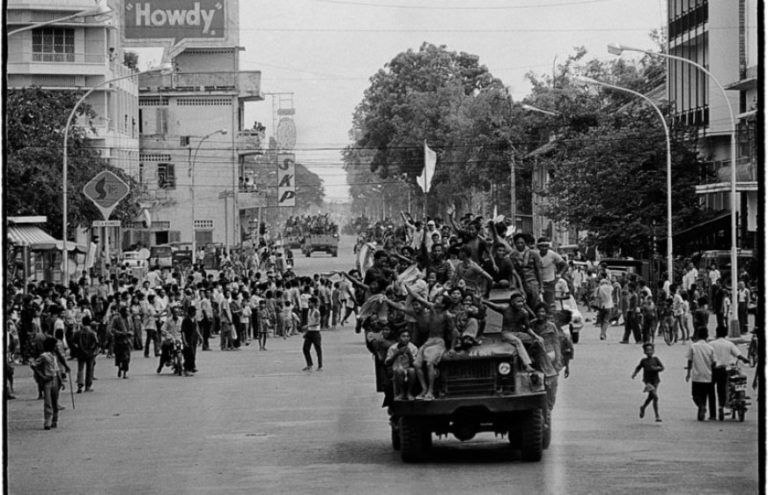
The Legacy of Victory Over Genocide Day
For most Cambodians, Victory Over Genocide Day is a solemn occasion to reflect on the atrocities of the Khmer Rouge and honor the sacrifices made to rebuild the nation. It is also a reminder of the complex geopolitics that have shaped Cambodia’s modern history.
While the day is officially celebrated as a national holiday, its significance varies among Cambodians. For some, it is a day of liberation and gratitude. For others, it is a reminder of foreign intervention and the struggles that followed.
Click to read about the Win-Win policy.
Conclusion
Victory Over Genocide Day is one of Cambodia’s most significant and complex commemorations. It marks the end of one of the darkest chapters in human history while highlighting the political and historical forces that have shaped modern Cambodia.
As the country reflects on 46 years since the Khmer Rouge’s fall and 50 years since their rise, the importance of remembering this history cannot be overstated. For visitors to Cambodia, January 7 offers a unique window into the nation’s resilience and the ongoing process of healing from its past.
Click the link to check out our Cambodia Tours.



